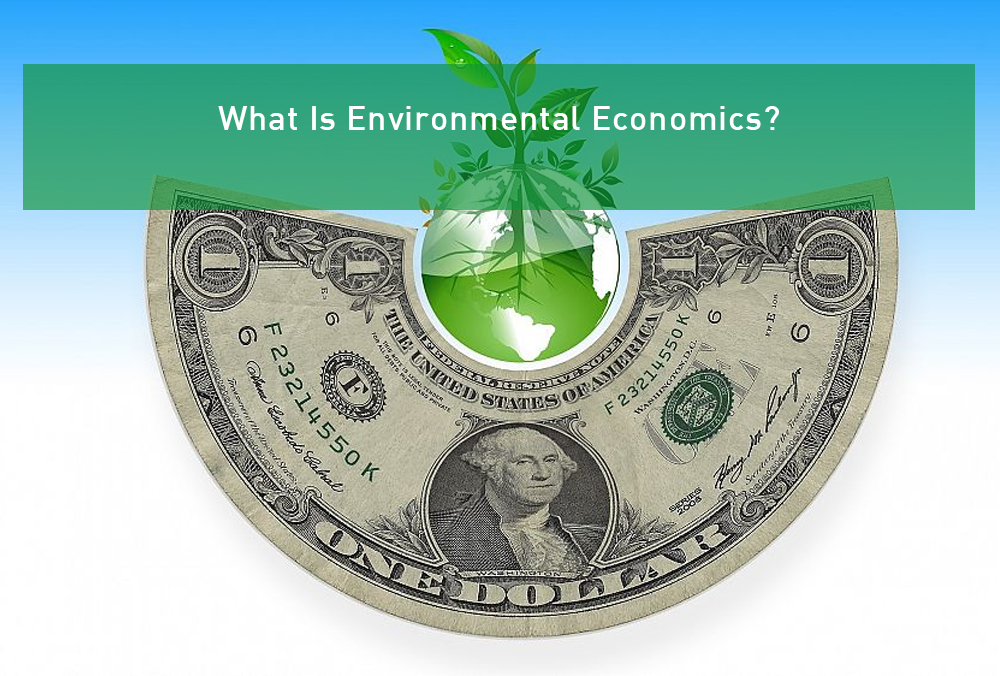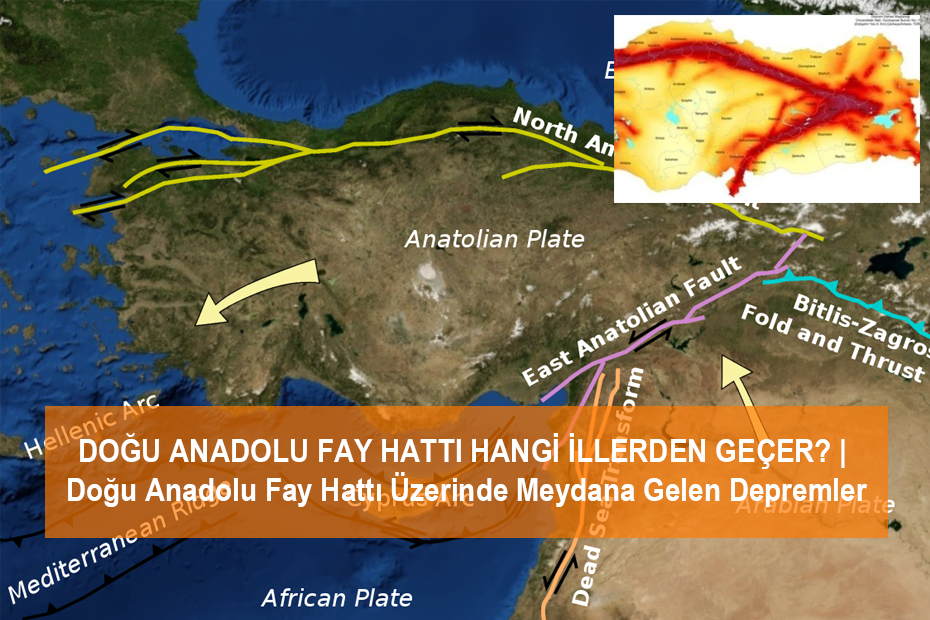What Is Environmental Economics?
Economic growth can help or damage the environment, and some economists think it affects growth.
Environmental economics is a sub-discipline of the economy that deals with environmental problems. Applies the tools and values of microeconomics and macroeconomics to efficiently distribute environmental resources. Environmental economists conduct empirical or theoretical studies on the economic effects of environmental policies on the world. Some of the specific issues under consideration include the benefits and costs of alternative environmental policies to deal with global warming, toxic substances, water quality, air pollution and solid waste. The environmental economy helps governments analyze the benefits and effects of proposed or existing policies. It also helps users to create appropriate environmental policies.
Concepts Of Environmental Policies
Market Failure
Market failure refers to the fact that the market does not efficiently distribute natural resources. Given the current market prices, there is a wedge between what the society wants the individual to do to protect the environment and what the individual does. Wedge means economic inefficiency or waste. Environmental economists believe that resources can be redistributed to make the individual better without affecting an individual’s life. Some of the common types of market failure include non-competition, exclusion and externalities.What Is Environmental Economics?,What is the meaning of environmental economics?,What does an environmental economist do?,Why is environmental economics important?,What is environmental economics and policy?,What three components make up environmental economics?,How does environment affect the economy?,What are examples of environmental policies?,How is economics related to environmental science?,What is the relationship between economics and environment?,What do you mean by environmental economics?,Do you need a PhD to be an economist?,Who do economists work for?,What is the difference between ecological and environmental economics?,What is the difference between natural resource economics and environmental economics?,What are the main functions of environment?
Externalities
Externalities arise when people make choices that affect other people not to be taken into account at the market price. Externalities can be negative or positive; however, the environmental economy depends on negative externality. For example, water leaks in the upper floors of a residential building can affect all other lower floors. Another good example concerns a company that pollutes the environment, regardless of the costs emissions impose on society.
Solutions For Externalities
Environmental Regulations
With environmental regulators, the regulator can predict economic effects using cost-benefit analysis. Regulators, also called command and control tools, are almost the same as economic tools. These regulations are applied by fines operating as taxes if environmental pollution exceeds the prescribed threshold.
Quotas-on-pollution
Environmental economists believe that emission reduction can be achieved by using commercially available emission permits. They believe that if these permits are bought and sold freely among the polluting firms, pollution can be reduced at a lower cost. With such permits, companies will reduce emissions if the cost of reducing emissions is less than the cost of another company’s purchase permits.
Tariffs And Taxes On Pollution
Increasing emission prices may prevent companies from polluting the environment. Pollution taxes that reduce emissions to an optimum level should be beneficial to society. These taxes are called Pigouvian tax among economists and are applied where there are negative externalities. Arthur Pigou argues that imposing Pigouvian taxes on paint production will force companies to reduce production to the best level for society.
Assigning Well-defined Property-Rights
Coase-Theorem predicts that the assignment of property rights may result in an optimal solution if the number of people participating in the negotiation process is limited and the transaction price is insignificant. For example, if the factory has the right to emit pollutants or the community has the right to receive uncontaminated air, then the community pays the company to reduce emissions or the factory pays the affected community. The society can also act against the factory if its rights are violated.














Comments